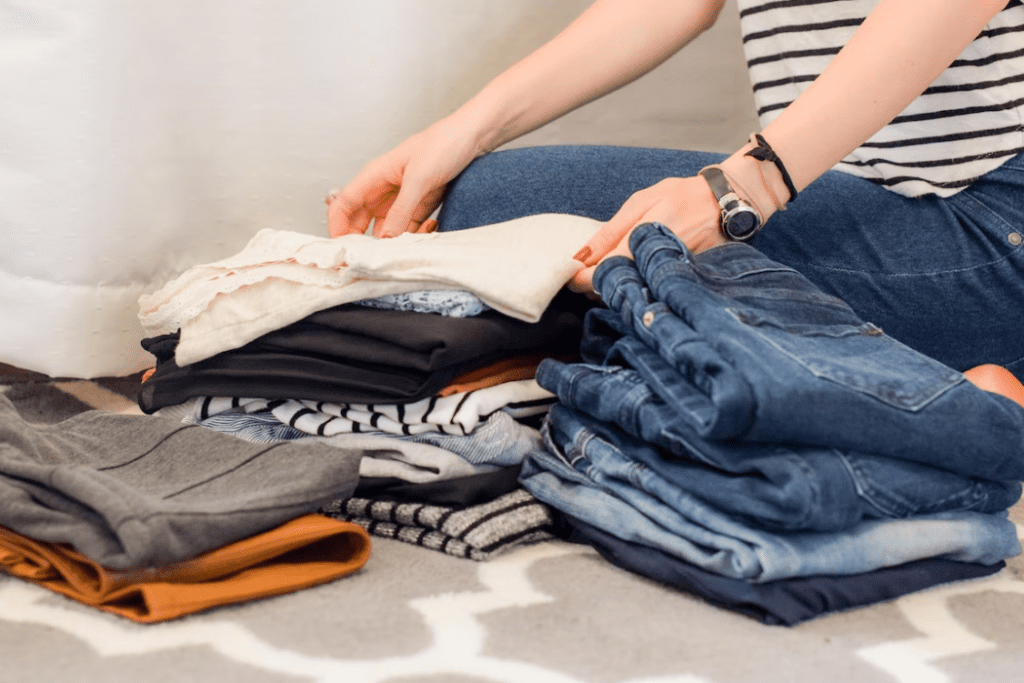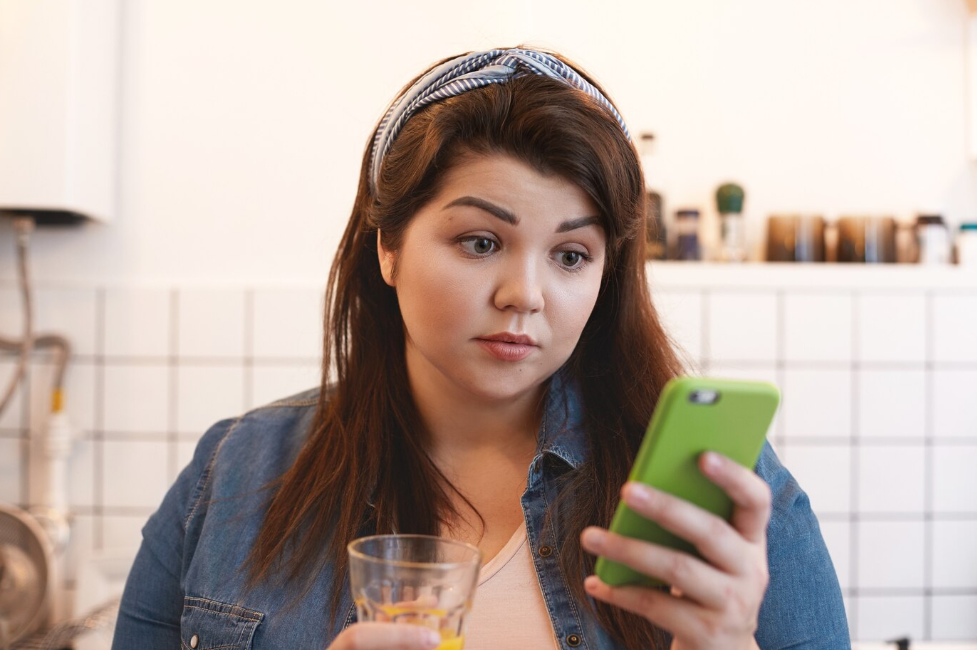Self Care Tips
Discover why maintaining your health and wellness depends on taking care of yourself.

Selfpause Affirmation App
Download the app to get 1,000’s of affirmation meditations and everything you need to write, record and listen to your own.
Taking care of yourself is a pillar of health and wellness. Cleaning your home and keeping it tidy is a great way to feel more energized, and it’s not just about getting rid of the clutter. Cleanliness can be coupled with wellness to maximize the results. There are many self care tips that can be learned through the trial and error process, but taking care of your home is one of the best ways to feel good.
It’s important to remember that self care is more than a set of rules to follow; it’s about a positive attitude. To this end, the most important part of your home cleaning regimen is to have a clear vision of what you want. The best way to start is to envision yourself in your ideal home, and then visualize the countless ways you can improve upon it. A clear vision of your ideal home will go a long way in improving your happiness level and helping to boost your immune system. Cleanliness is a great way to feel more pumped up and more ready to take on the day, and a clean home is one of the simplest ways to do it.
While the best way to clean your home is to make it a top priority, there’s a small trick to get it all done in a timely manner. One of the best tips is to keep a cleaning schedule and make a habit of getting rid of clutter on a daily or weekly basis. This way, you’ll be able to enjoy the fruits of your labor more quickly, and you’ll have more room to breathe when you need it.
Decluttering

Getting rid of clutter and keeping your house clean can be a form of self care. It will boost your energy levels, give you a sense of order and help you feel better about your life.
When your house is clean, it is easier to maintain and look after. It also takes less effort to clean. The less time and energy you use to clean, the more time and energy you have for other things. This can include exercise, which can contribute to a healthier, more productive lifestyle.
Decluttering can help you save money and keep your house cleaner. Clutter can cause stress and make your life harder. A cluttered home also takes more time to clean, maintain, and tidy. Getting rid of clutter will allow you to spend less time cleaning and more time doing other things.
The benefits of decluttering are tremendous. It can make your home more tidy and clean, reduce dust and other pollutants, and free up time and energy for other activities. It can also help you to enjoy your home more.
Decluttering is important for self care because it can help you improve your emotional and mental well-being. It also can help you save money and free up time. It can also boost your confidence and motivation.
If you are looking for tips on how to declutter, you can sign up for the Fill the Jars email list. You’ll receive weekly emails with tips and special offers.
Getting outside

Getting outside for self care can be beneficial to your mental and physical health. It can reduce stress and improve your mood. It also helps your immune system to function at its best.
Some research has found that nature helps people manage anxiety. It also helps people to reduce depression. It can also be helpful for those suffering from seasonal affective disorder.
It’s important to spend as much time as possible outdoors. There are a number of ways to do this. Some ideas include taking a walk or going to a park. You can also plan picnics in a park, or even in your own backyard. You can also sit around a bonfire, roasting marshmallows. These are all good ways to relax.
Another great way to spend time outdoors is to build a bird house. These are great for the environment, and they’ll also keep your mind occupied.
Getting outside for self care also helps to lower stress hormones and improve mood. This is because the atmosphere and oxygen in the air increase dopamine and endorphins. Spending time in nature can also reduce symptoms of seasonal affective disorder, and can even help to lower blood pressure and improve memory.
Another way to get outdoors is to visit a local farmer’s market. These markets often sell organic products and produce. They also help support local businesses.
You can also go on a camping trip. Camping can help you relax and sleep better. In addition, camping can help you boost your immune system.
Making time for hobbies

Taking time for hobbies and self care is an important step to improve overall wellbeing. By engaging in activities that improve your mental health, you can reduce stress and anxiety.
Many studies have found that engaging in a hobby can lower stress and improve your health. Research has also found that engaging in a hobby can improve your self-confidence.
Some of the most enjoyable and useful hobbies are ones that involve physical activity. These activities help improve your health by decreasing fatigue, blood pressure, total cortisol levels, and waist circumference.
The best way to make time for hobbies and self care is to set up a schedule. This can be done using a life-balance app. Similarly, it’s also important to prioritize your priorities. You should not sacrifice your hobbies just because you are too busy.
Another way to make time for hobbies and self care is to delegate chores. If you are a busy parent, delegating tasks can be a great way to free up time. For example, if you have kids, it’s possible to make time for a hobby by cooking dinner for them. You could even bring a photography camera on the commute to work.
You may want to consider bringing a book or notebook along to jot down your ideas. You could even try solving crossword puzzles to relax your brain.
You may also want to bring along a writing pad and pen. You can even use your lunch break to do a little writing.
Getting organized

Getting organized for self care is a great way to reduce stress and improve your day to day life. However, it’s important to make sure that you’re tackling the right areas first. If you start tackling everything at once, you may find yourself overwhelmed. By targeting your weaker areas, you can make a more impactful, less overwhelming change.
For example, if you find yourself frequently forgetting your keys, you might want to train yourself to put them in your backpack. This is a more realistic goal.
Another example is tracking your daily activities. It’s a great way to keep track of what you’re doing, and it can be a great way to motivate yourself to keep up with your goals.
Finally, putting together a checklist to manage your self care can be a great way to reduce your overwhelm and make sure that you’re focusing on the right areas. You can use a checklist as a part of a weekend getaway or as a way to take care of yourself on a daily basis.
Getting organized for self care is not the most fun thing in the world, but it can be a worthwhile endeavor. As you work to develop better habits, you will see your day to day life improve in more ways than one. When you’re more organized, you’ll also have more time for other important things, like exercise and healthy eating.
Saying no to your needs

Practicing saying no to your needs for self care is a powerful self-care strategy that will help you feel better about yourself. It will also help you avoid stress and exhaustion, and improve your mental health.
Saying no isn’t always easy, but it can be a powerful self-care strategy. You may feel a sense of guilt or inadequacy when you say no to others, but you’re actually doing yourself a favor.
If you’re constantly saying yes to things, you may find yourself resentful and exhausted. You may also find yourself putting your needs on the back burner, which will eventually lead to strained relationships. You’ll have to learn to say no if you want to remain healthy.
Saying no can also help you improve your communication skills. It can help you prioritize your needs and set boundaries. Learning to say no will help you prevent resentment and stress.
You’ll also be better equipped to deal with other things. When you’re more healthy, you’ll have more energy and a happier, more fulfilled life.
Saying no to your needs for self care will also help you make better decisions. It will reduce stress and anxiety, and allow you to focus on the things that matter to you. It will also make you feel better about yourself and your relationships.
Practicing saying no to your needs for a healthier life is important, but you’ll also have to learn to recognize when you’re saying no to your needs. Listen to your body, your intuition, and your conscience.
Our Top FAQ's
Some effective self-care strategies that can help improve physical and mental health include getting enough sleep, exercising regularly, eating a healthy diet, practicing relaxation techniques (such as deep breathing or meditation), and engaging in enjoyable activities that bring a sense of joy or fulfillment. It’s also important to take breaks from screens and technology, and to spend time in nature or in social settings with supportive people.
Incorporating self-care into daily routines can be as simple as setting aside a few minutes each day to do something that nourishes you, whether it’s exercising, meditating, or indulging in a hobby. It can also be helpful to schedule self-care activities in advance, and to make them a priority just like any other important task. It’s important to be consistent with self-care habits and to find a balance that works for you.
Common self-care mistakes that people make include neglecting their own needs in favor of others, engaging in unhealthy or destructive behaviors (such as overeating or overdrinking) as a form of self-care, and not setting boundaries to protect their time and energy. To avoid these mistakes, it’s important to be mindful of your own needs and to take care of yourself in healthy, positive ways. It’s also important to recognize when you need to set boundaries and to communicate those boundaries to others in a clear and assertive manner.
Setting boundaries and prioritizing self-care in situations where you feel overwhelmed or overburdened can be challenging, but it’s essential for your well-being. Some tips for setting boundaries and taking care of yourself in these situations include: saying no to additional commitments or tasks when you’re already overwhelmed; communicating your needs and limits to others; and taking breaks or stepping back when you need to. It’s also important to be mindful of your own energy levels and to pace yourself in order to avoid burnout.
Some specific self-care techniques that can be useful for managing stress, anxiety, or other mental health concerns include: practicing relaxation techniques (such as deep breathing, progressive muscle relaxation, or meditation); engaging in physical activity or exercise; seeking support from friends, family, or a mental health professional; and finding healthy ways to cope with negative emotions (such as writing in a journal or talking to a trusted friend). It’s also important to be mindful of your own thoughts and to challenge any negative or unhelpful thoughts that may be contributing to your stress or anxiety.
